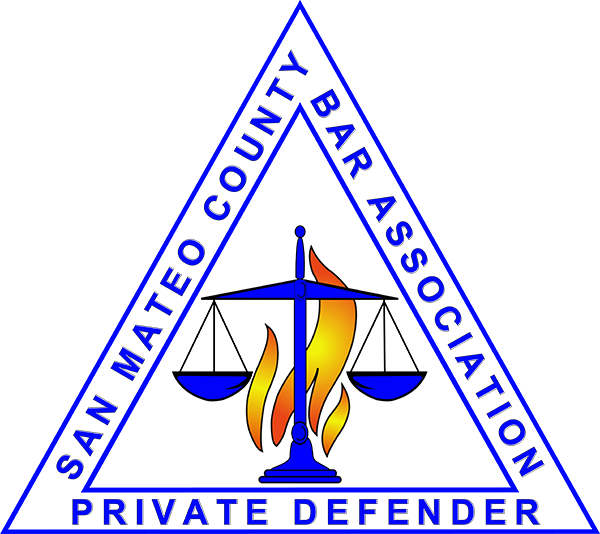
FELONIES
A FELONY IS A CRIME THAT CAN BE PUNISHED BY UP TO ONE YEAR IN THE COUNTY JAIL, IF PROBATION IS GRANTED, OR A LONGER TERM IN STATE OR LOCAL PRISON.
The timeline for a felony case is:
1. ARREST
2. ARRAIGNMENT ON THE COMPLAINT
Your first appearance in court after an arrest is called an arraignment. At the arraignment, you will appear before a judge and be advised of your constitutional rights. You will be given a copy of the complaint, a document that lists the charges against you. You can apply for a court-appointed lawyer by filling out a form to determine if you qualify for the services of the Private Defender Program. If you qualify, a lawyer from the Program will appear with you and enter a plea of not guilty. If you are in custody, your lawyer will attempt to secure your release, either through the setting of bail or by a release on your own recognizance. Future court dates will then be set.
3. SUPERIOR COURT REVIEW
Only certain cases will qualify for a Superior Court Review. This is a court date set to conference your case with your lawyer, the deputy district attorney and a judge to attempt an early settlement. Cases are eligible based on a combination of factors; such as the nature of the charges and an individual’s prior record. People who are on felony probation, are charged with serious felonies or have a prior conviction for a serious felony will not be eligible for a Superior Court Review.
4. PRELIMINARY HEARING
A preliminary hearing is held before a judge to establish whether there is probable cause to believe a crime was committed and that the defendant could have been the person that committed it. You have the right to have your hearing within 10 court days of your arraignment. At the hearing, the district attorney will only call the witnesses they believe are necessary to meet this burden. This can be an opportunity for your lawyer to ask questions of the witnesses and test the strength of the case.
5. ARRAIGNMENT ON THE INFORMATION
Based on the evidence presented at the preliminary hearing, the judge will make findings whether you should be charged with certain offenses. Within 15 days of the judge’s findings, the district attorney must file an information setting forth the charges you will face at trial. The information must be based on the evidence presented at the preliminary hearing.
You will then appear in court with your lawyer and enter new pleas of not guilty to the charges in the information. You will then set future court dates in the case.
6. PRETRIAL CONFERENCE
After preliminary hearing and arraignment in Superior Court, your case will be set for another conference. The conference will include a discussion between your lawyer, a judge, and the deputy district attorney. The goal at this conference is to obtain the best possible offer to resolve the case. Your lawyer will discuss the offer with you as well as what you might expect should your case proceed to a trial. If you decide to reject the offer, the case will proceed to trial.
7. JURY TRIAL
The right to a trial by jury is guaranteed. Every person charged with a crime is presumed innocent. The burden is on the district attorney to convince a jury with proof beyond a reasonable doubt of the guilt of the defendant for each crime charged. Each juror must individually decide that they have been presented with such proof before returning a guilty verdict.
Most felony trials last more than a week, with serious trials lasting up to several months. If all 12 jurors cannot agree on a verdict at the conclusion of the trial, a “mistrial” will be declared. The district attorney will decide whether to retry the case, make a better offer, or dismiss it.
For assistance during regular business hours:
please call (650) 298-4000
Monday-Friday 8:30 AM to 5:00 PM
"If there is no equal justice,
there is no justice at all."
Chief Justice Warren Burger
